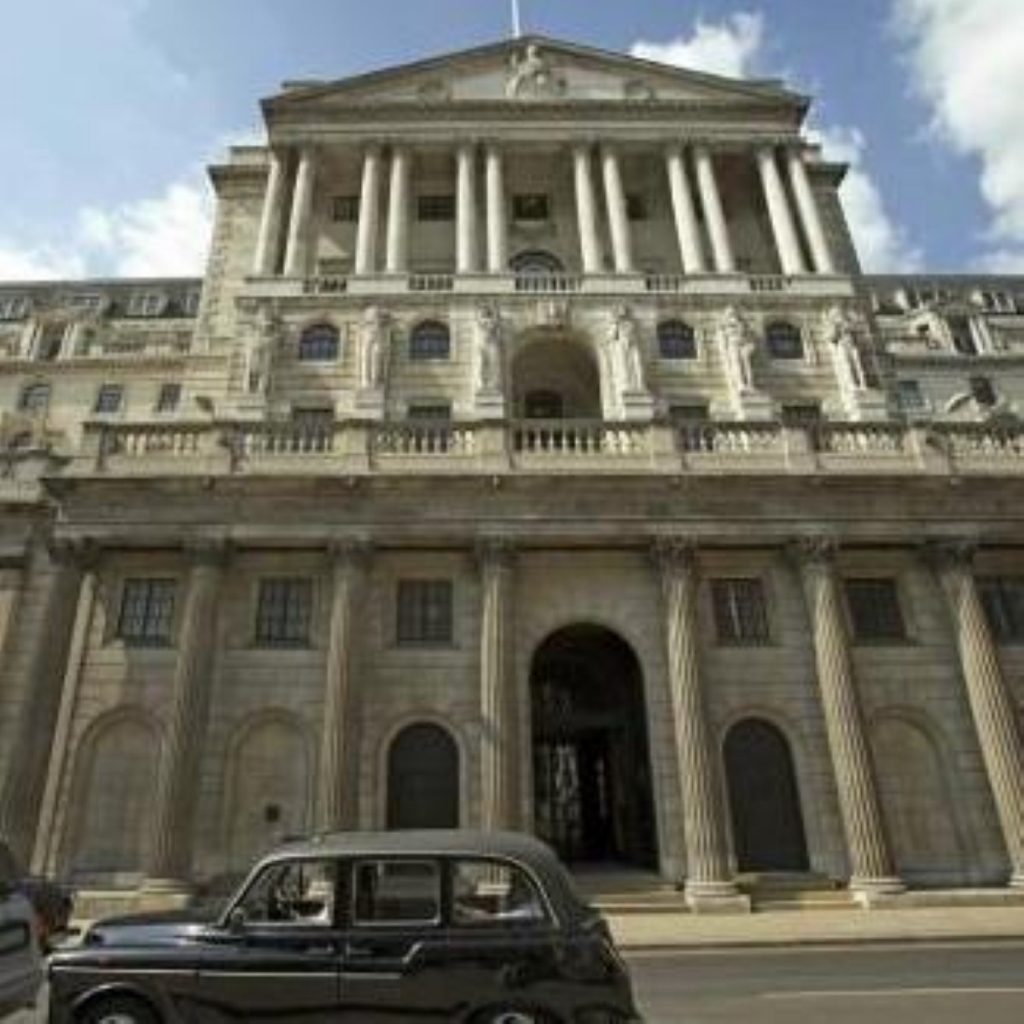Bank of England ups interest rates to 5.25%
Interest rates rose to 5.25 per cent today, after the Bank of England took action to lower inflation.
The increase surprised the majority of economists and left rates at their highest level since April 2001. It is the third increase since August.
The Bank’s interest rate setting monetary policy committee (MPC) raises and lowers the underlying cost of borrowing in the UK in an attempt to keep inflation as close to the government’s two per cent target as possible.
Chancellor Gordon Brown handed over power for setting the interest rates to the Bank in 1997.


The most recent figures show inflation at a record 2.7 per cent, and with pay settlements coming in higher than expected in January, the Bank raised rates to 5.25 per cent to try and bring this down.
If inflation reaches three per cent, the governor of the Bank will be forced to write a letter to Mr Brown to explain why it has exceeded its target.
Many economists were predicting rates would rise next month. Some 41 per cent of the 44 economists surveyed by Bloomberg predicted an interest rate hike in February, while a Reuters poll of economists revealed a 45 per cent chance of a rise next month.
“In the United Kingdom, output continues to rise at a firm pace. Domestic demand has grown steadily and credit and broad money growth remain rapid. The international economy continues to grow strongly,” the Bank said in a statement.
“It is likely that inflation will rise further above the target in the near term, but then fall back as energy and import price inflation abate.
“Against that background, the [monetary policy] committee judged that an increase in Bank Rate of 0.25 percentage points to 5.25 per cent was necessary to bring CPI inflation back to the target in the medium term.”

